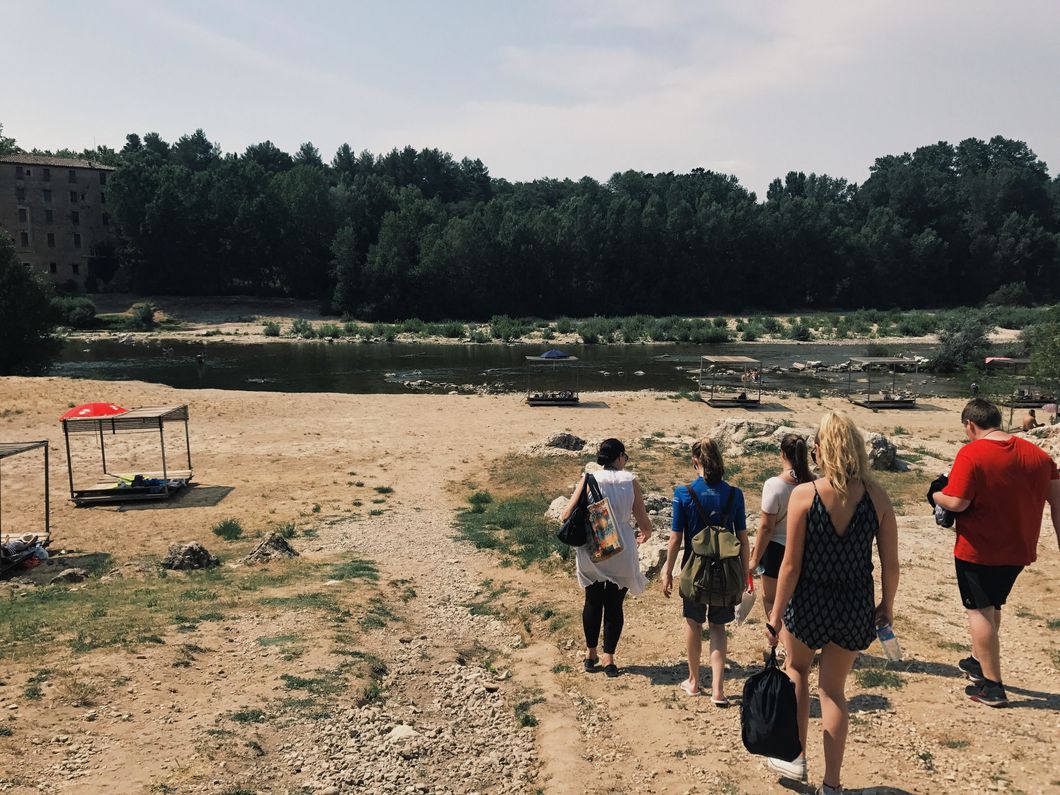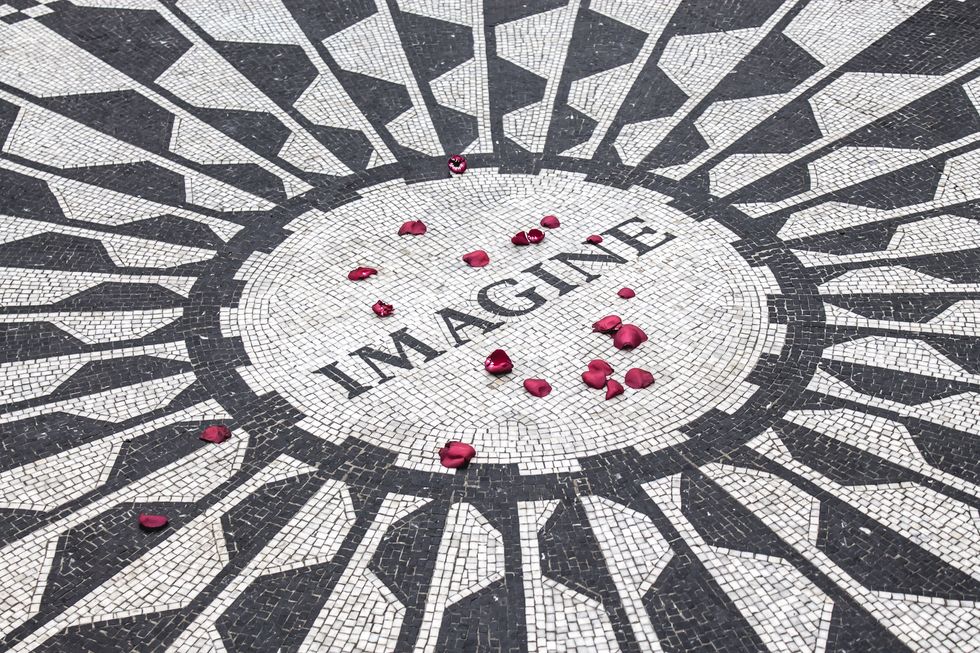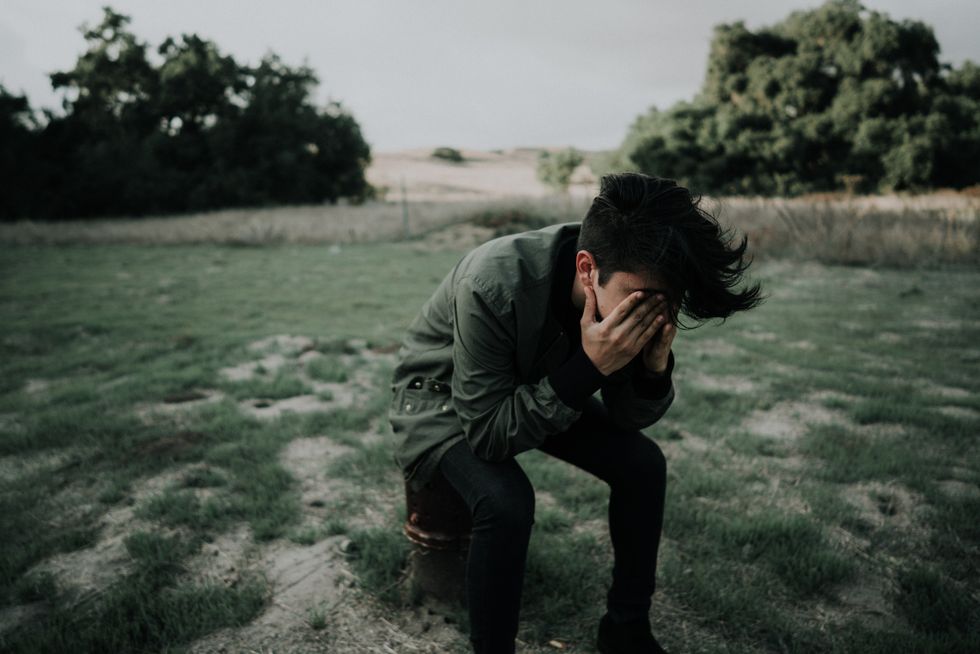Sometimes The High Road Isn't The Route Toward Healing
Only travel in the direction that aids you mentally and emotionally.
I have a lot of friends who designate both a "low" and "high" road in their social situations. We've always been taught to opt for the latter when striving to grow up as the most morally sound individuals we can possibly be, but I've come to realize that these are just choices. Not always are we going to find a glaringly obvious route to take after enduring something problematic, and usually with another person. That would require immense objectivity and the lines aren't always drawn so clearly for either party.
Yes, I'm an advocate for doing the "right" thing, but the phrase itself implies a degree of subjectivity. Right for whom? Does the "right" option always present itself as swallowing one's pride and making amends even if you weren't really even at fault? Is it allowing for another's upper hand in a relationship when said person isn't treating you the way you deserve?
The practice of sacrificing something emotional or mental of your own just because someone in your life isn't cooperating, understanding, or mirroring your social behavior is wrong. Compensation for another's faults – especially when they aren't on your team – isn't commendable nor healthy in most cases.
Sometimes it just puts those of us with the "right" hearts in the wrong places.
Now, hear me out, I'm all about doing what is perceived as the "right" thing. I do my very best to recognize my faults, mend what I can, and move on. This usually makes everyone feel better.
But, I've stood witness to way too many of my friends, in a number of contexts, apologizing or taking a hit when the other person hadn't even considered doing so. I'm incredibly guilty of this from time to time as well, but I am working to gauge social situations for what they really are and how they could be put to bed when it seems like I can only anticipate a standstill.
Now, of course, my relatively objective perspective of my loved ones' lives crafts a clearer lens with which I can see how they are being screwed over sometimes. And, duh, my bias given their relationship to me creates a ridiculous amount of defensiveness I have in ensuring they are being treated with decency and respect.
The amount of friends I've comforted after a romantic or platonic breakup who still maintain contact with a former significant other or best friend immediately after being emotionally damaged is startling. I've been in those worn and painful shoes. And, though the last thing I'd want to do was cease any and all communication, the vulnerability and messy train of thought blur any apt decision-making.
But, you are allowed to be pissed. You have permission to block someone if they've caused you trouble or harm, and you don't have to apologize or feel bad for it.
Acting indifferent, perfectly normal, or even sorry is not going to make you the better person at the end of the day if it remains unjustified.
In fact, if we really want to pursue the morally correct path for ourselves, we need to start experiencing our emotions as they are and let them take us wherever they see fit.


























